Monsignor Luigi Negri comments on Monsignor Robert Hugh Benson’s apocalyptic novel, repeatedly cited by Pope Francis.
On his way home from the Philippines in January, Pope Francis made time, as is his habit, to speak with journalists. Responding to one question about the concept of “ideological colonization” he had mentioned during his meeting with families in Manila, he quoted, as he has on other occasions, a book written more than 100 years ago: Lord of the World by Monsignor Robert Hugh Benson. This 1907 novel, set in the late 20th century, tells of the conquest of power by one Julian Felsenburgh, whose figure conceals the Antichrist, and who tears down the Catholic Church and conquers the world in the name of humanitarianism and communism. In the Italian edition of Lord of the World, the introduction is written by Msgr. Luigi Negri, Archbishop of Ferrara-Comacchio. I asked Archbishop Negri a few questions concerning Benson’s book.
Archbishop Negri, why is it that this book, written more than a century ago, still affects readers today?
Msgr. Luigi Negri: The feeling I got when I first read Benson’s book, around 10 years ago, was that Benson’s prophecy is coming to pass right now, in an absolutely indisputable and devastating way. It describes the steps that have been taken in this hypothetical society that at first is socialist, then communist, then humanist in nature, and which maintains that the Christian alternative is an unacceptable evil: this alternative that affirms that the value of life doesn’t stem from a man-made plan, nor from an attempt at morality, but from the presence of Christ.
I believe that reading this book today cannot help but increase people’s sense of critical observation, whether they be Christian or any person of good will. Our society, much as the one described by Benson, fails in terms of reason and human sensitivity. It has difficulty, above all, in coming to grips with the great questions that animate the life of man.
In fact, it is only through faith that we can find definitive answers to these questions, through the proposal of an adequate anthropology, such as the one proposed and developed by St. John Paul II. It is one thing to contemplate a future that is far away, with only some general interpretive notions to guide you. It is quite another matter to be overwhelmed by events being played out today, that in the book were only hinted at.
If our maturity as Christians is also tied to our ability to read the signs of the times, Benson shows us what those signs are.
Which parts of Benson’s prophecies are being carried out in the world of the early twenty-first century?

Monsignor Benson, author of Lord of the World, and the cover of the book in its Spanish edition, which the Pope has read.
Negri: We are living in a time that tends towards benevolent humanism, which is ethically “correct” and “comfortable,” which doesn’t raise its voice and which abhors conflict: in a word, a universally apparent bon ton. The fact is, though, that this peaceful scenario comes alive in certain moments with scenes of incredible violence, with crucifixions and widespread massacres, and with a clear show of intolerance towards a vision of reality that doesn’t accept being trapped within the dominant mode of thought, as Pope Francis would say.
Today we live in a world soaked in an apparent cheery friendliness, in bonhomie, which Don Luigi Giussani, in one of his last works published posthumously a few months ago, defines as a “sweet mediocrity” that destroys society and leads the Church into a crisis.
Tangible, fixed compass points don’t exist anymore: there are no fixed points for moral teaching and high culture. Instead there are talk shows on television that celebrate mediocrity. And underneath the crust of this universal, moderate bon ton we find tendencies towards violent destruction.
In Benson’s book, the bombing of Rome and its destruction are justified by the fact that it is the last remaining stronghold of a religion that holds Christ, and therefore God, and not man, at its center. It cannot but be destroyed.
The most unnamable things and the worst kinds of violence are unleashed in order to save this universal benevolence.
A benevolence that contains within itself this type of action is hypocritical, and, in fact, the Antichrist is the supreme expression of the hypocritical Pharisees.
The true Antichrist is the dominion of hypocrisy: much as the ancient Pharisees celebrated the glories of killing Jesus, so this universal Pharisee-like hypocrisy glorifies the killing of Christ’s disciples.
The Pope quoted the novel in his discussion of “ideological colonization” concerning the family. Could you give us some examples of this “colonization” in today’s world? Is the imposition of gender ideology an example?

Antechrist and the Devil, detail from the Deeds of the Antichrist fresco by Italian artist Luca Signorelli.
Negri: The imposition of gender ideology is certainly colonization. Without a doubt, ideological colonization means the diffusion/imposition of an anthropology that is libertarian, subjectivist and consumerist in nature.
In this kind of colonization, the experience of gratuity, of free giving, is the enemy: God freely creates man, and makes His own presence part of history, becoming incarnate in Christ Who saves us.
If, in a historical context, colonization can be seen as linked to the dominance of Europe, or of certain European countries, or of the United States or of the Soviet Union, today we are seeing what is certainly a much more universal colonization. In my opinion, more than the contents it imposes, this colonization is characterized by the enemy who needs to be defeated. In fact, it coincides with the destruction of faith, and this is something that Catholics should meditate on attentively: if we don’t realize that real large-scale colonization means the end of the faith, then we will keep occupying our time and minds with naïve pursuits purposely meant to keep us from seeing that colonization for what it is.
There is a constant striving towards dialogue at all costs, even — as Pope Francis reminded us in condemning that attitude — while we forget, or reduce the importance of, our own identity. We accept the point of view of the world as a prospective for re-reading the Church’s life, dogmas, culture, and charitable and social creativity. Colonization is the extreme phase that tries to eliminate faith from the heart of man, and thus from the world.
Is it true that Benedict XVI was also quite struck by this book?
Negri: When Benedict XVI came to the Diocese of San Marino-Montfeltro for a pastoral visit — which was absolutely the best day of my life — I had an unforgettable discussion with the Holy Father. We went through the reasons for which this novel made its mark in his cultural formation, and we found ourselves perfectly and profoundly in sync. It convinced us, radically, that faith is the only possibility for man’s salvation in every era, and that this possibility for salvation is always present in an obstinately anti-Christian context, which, in the case of Benson’s book, manages to build a culture and a society that are apparently humane but, in essence, anti-Christian.
This was, in our analysis of this book, the maximum point of accord and harmony between Benedict XVI and myself.
Benson’s visions and the Events of Today
Monsignor Robert Hugh Benson had the idea for his book in 1905, wrote it during 1906, and published it in 1907.
Benson’s biographer, Fr. Cyril Martindale, says that Benson had the idea for Lord of the World while he was a Catholic chaplain at Cambridge University.
Benson first mentions the book in a letter to his mother on December 16, 1905: “I have an idea for a book so vast and tremendous that I daren’t think about it…. mix up Saint-Simon, Russia breaking loose, Napoleon, Evan Roberts, the Pope and Antichrist…”
In a letter to his friend and literary mentor Frederick Rolfe on January 19, 1906, Benson writes, “Anti-Christ is beginning to obsess me. If it is ever written, it will be a BOOK. How much do you know about the Freemasons? Socialism?… Oh! If I dare to write all that I think! In any case, it will take years.”
But it did not take years. On May 16, 1906, Benson writes in his diary, “Anti-Christ is going forward; and Rome is about to be destroyed.”
On June 28, 1906, he again writes in his diary, “I HAVE FINISHED ANTI-CHRIST. And really there is no more to be said. Of course I am nervous about the last chapter — it is what one may call just a trifle ambitious to describe the End of the World. (No!) But it has been done.”
More than 80 years later, at 9:09 p.m. on September 11, 1990 (precisely 11 years to the day prior to the attacks which brought down the World Trade Center towers in New York City, September 11, 2001) — US President George H.W. Bush made an important speech to a joint session of the US Congress regarding the looming war in the Persian Gulf.
In that speech, he for the first time used the famous phrase “new world order” to describe what he saw as the overarching foreign policy goal of the United States.
Bush said: “The crisis in the Persian Gulf, as grave as it is, also offers a rare opportunity to move toward an historic period of cooperation.
“Out of these troubled times, our fifth objective — a new world order — can emerge: a new era — freer from the threat of terror, stronger in the pursuit of justice, and more secure in the quest for peace.
“An era in which the nations of the world, East and West, North and South, can prosper and live in harmony. A hundred generations have searched for this elusive path to peace, while a thousand wars raged across the span of human endeavor. Today that new world is struggling to be born, a world quite different from the one we’ve known. A world where the rule of law supplants the rule of the jungle. A world in which nations recognize the shared responsibility for freedom and justice. A world where the strong respect the rights of the weak.
“This is the vision that I shared with President Gorbachev in Helsinki. He and other leaders from Europe, the Gulf, and around the world understand that how we manage this crisis today could shape the future for generations to come.”
Five months later, on February 8, 1992, Cardinal Joseph Ratzinger (later Pope Benedict XVI) also used the phrase “new world order,” clearly in response to Bush’s use of the phrase. But the context in which he used the phrase was very different. It was the context of Benson’s book.
Note well, this was not long after the dismantling of the Berlin Wall in 1989, and just five weeks after the signing of the dissolution of the Soviet Union by Mikhail Gorbachev on Christmas Day in 1991.
Ratzinger had been invited to give a talk at Milan’s Catholic University of the Sacred Heart (Università Cattolica del Sacro Cuore), on his recently-published book A Turning Point for Europe?: Diagnosis and Prognosis regarding the State of the Church and the World (published in German in 1991 as Wendezeit fuer Europa?: Diagnosen und Prognosen zur Lage von Kirche und Welt).
In his discussion of the prospects for a new, unified world, Ratzinger said that Benson, too, had forseen the arrival of such a society, but that there were grave dangers accompanying this arrival.
Benson foresaw “such a unified civilization and its power to destroy the spirit,” Ratzinger said. In fact, in Benson’s work, Ratzinger continued, “the anti-Christ is represented as the great carrier of peace in a similar new world order.”
Ratzinger then went on to note that a previous Pope, Benedict XV (and note, when Ratzinger was elected Pope himself 13 years later, in 2005, he chose the name “Benedict,” and so became Benedict XVI) had also had doubts about the goodness of building a humanistic world order without reference to or mention of Christ.
“Benedict XV,” Ratzinger said, “on July 25, 1920 delivered an encyclical Bonum sane, in which he warned: ‘The coming of a world state is longed for, by all the worst and most distorted elements. This state, based on the principles of absolute equality of men and a community of possessions, would banish all national loyalties. In it no acknowledgement would be made of the authority of a father over his children, or of God over human society. If these ideas are put into practice, there will inevitably follow a reign of unheard-of terror.’”
So, we have persuasive evidence from this 1992 address of Ratzinger, that Ratzinger was profoundly affected by Benson’s vision of a “new world order,” seen as an order which most likely would come into being by setting aside Christ.
Pope Francis has also publicly cited Benson’s book on another occasion, not just on the airplane on January 19.
In a sermon on November 18, 2013 (a year and three months ago), Francis praised Lord of the World as depicting how “the spirit of the world… leads to apostasy, almost as if it were a prophecy.”
That is, almost as if Benson’s novel were a prophecy of what has happened in our time.
To put it another way: Francis believes that Benson’s book describes with prophetic power how the “spirit of the world” leads many, including Christian believers, astray, and even into apostasy, that is, into denying the faith they once held, “almost as if it were a prophecy” of the widespread apostasy that has come to pass in our time.
—Inside the Vatican Staff




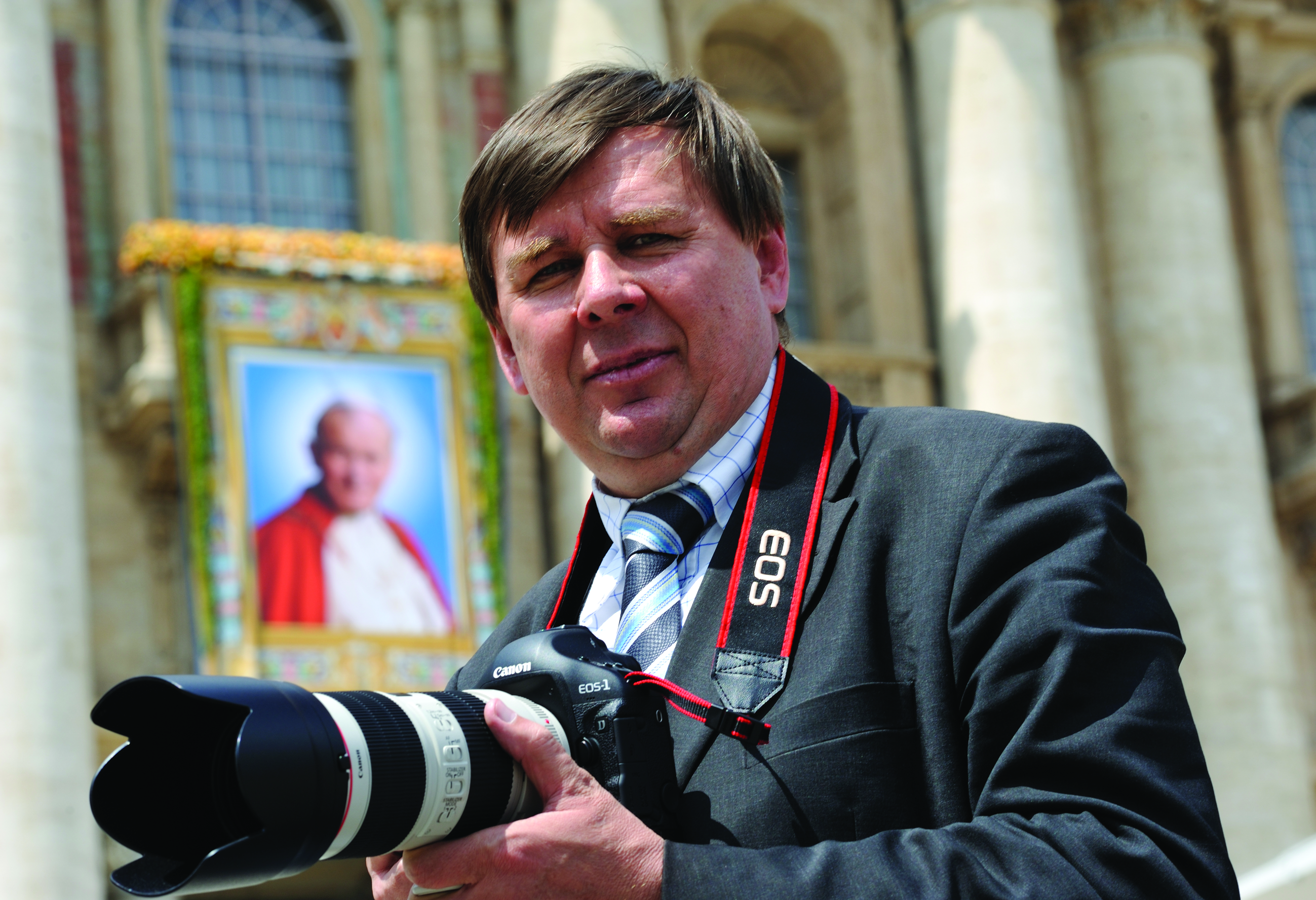
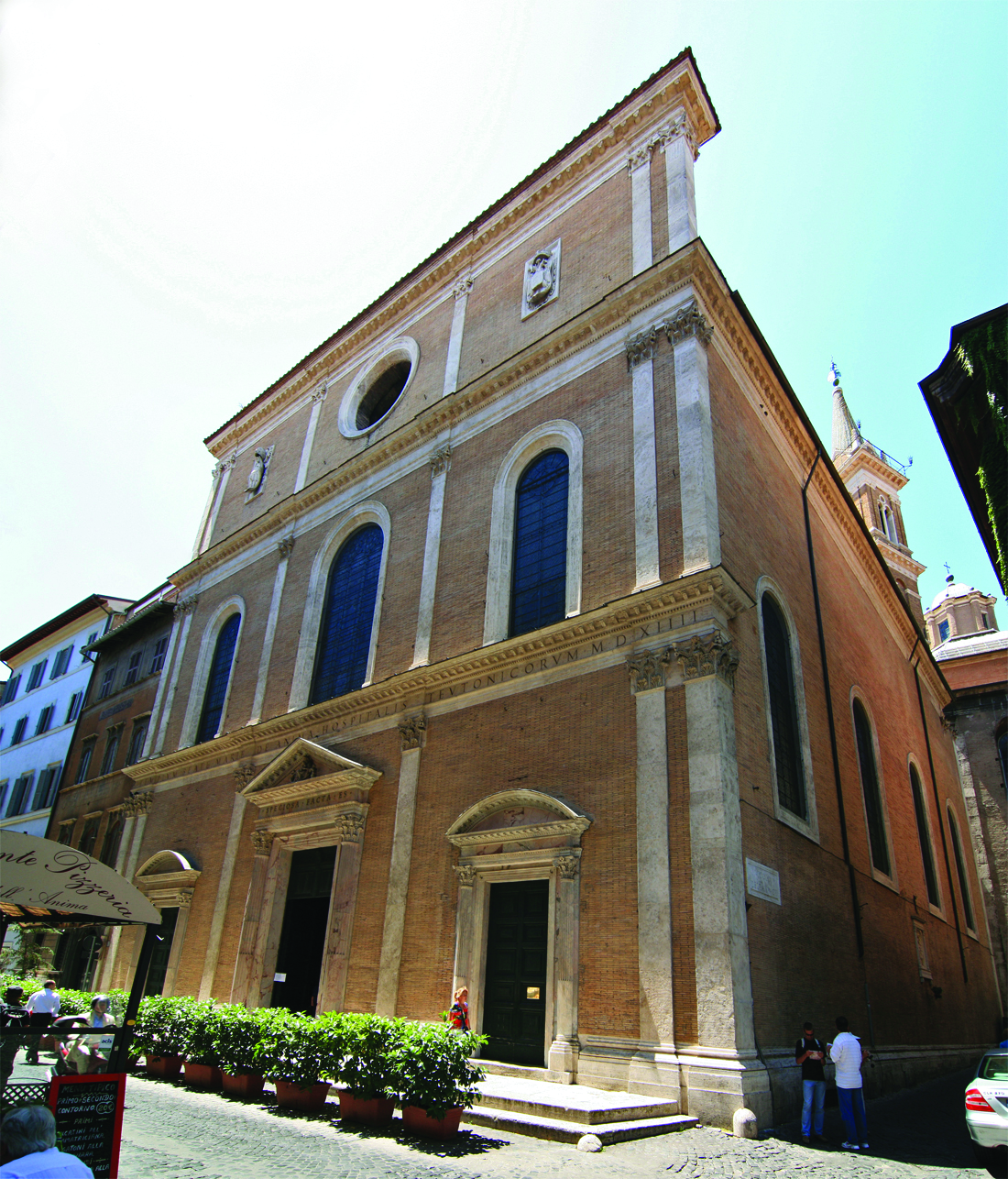
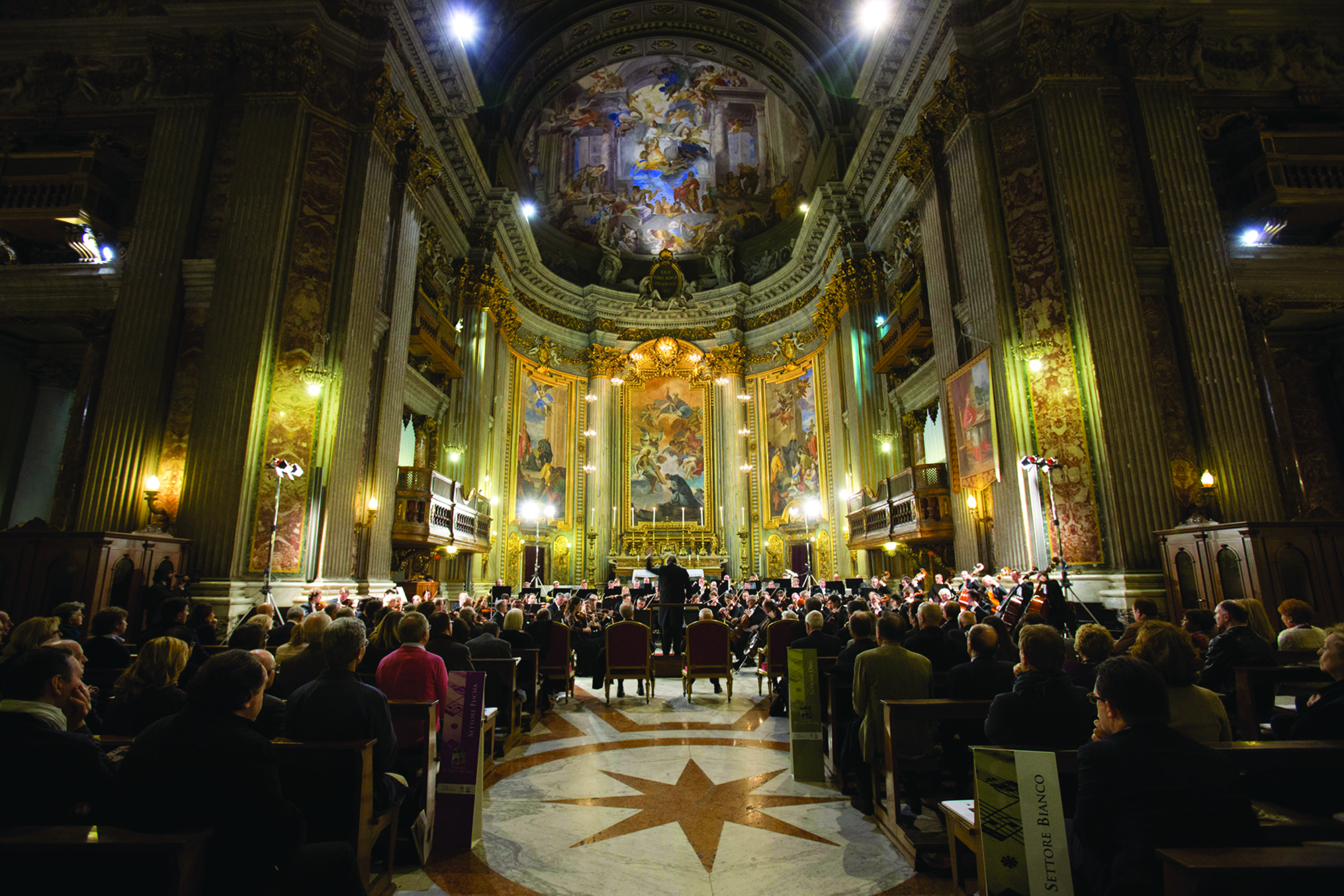
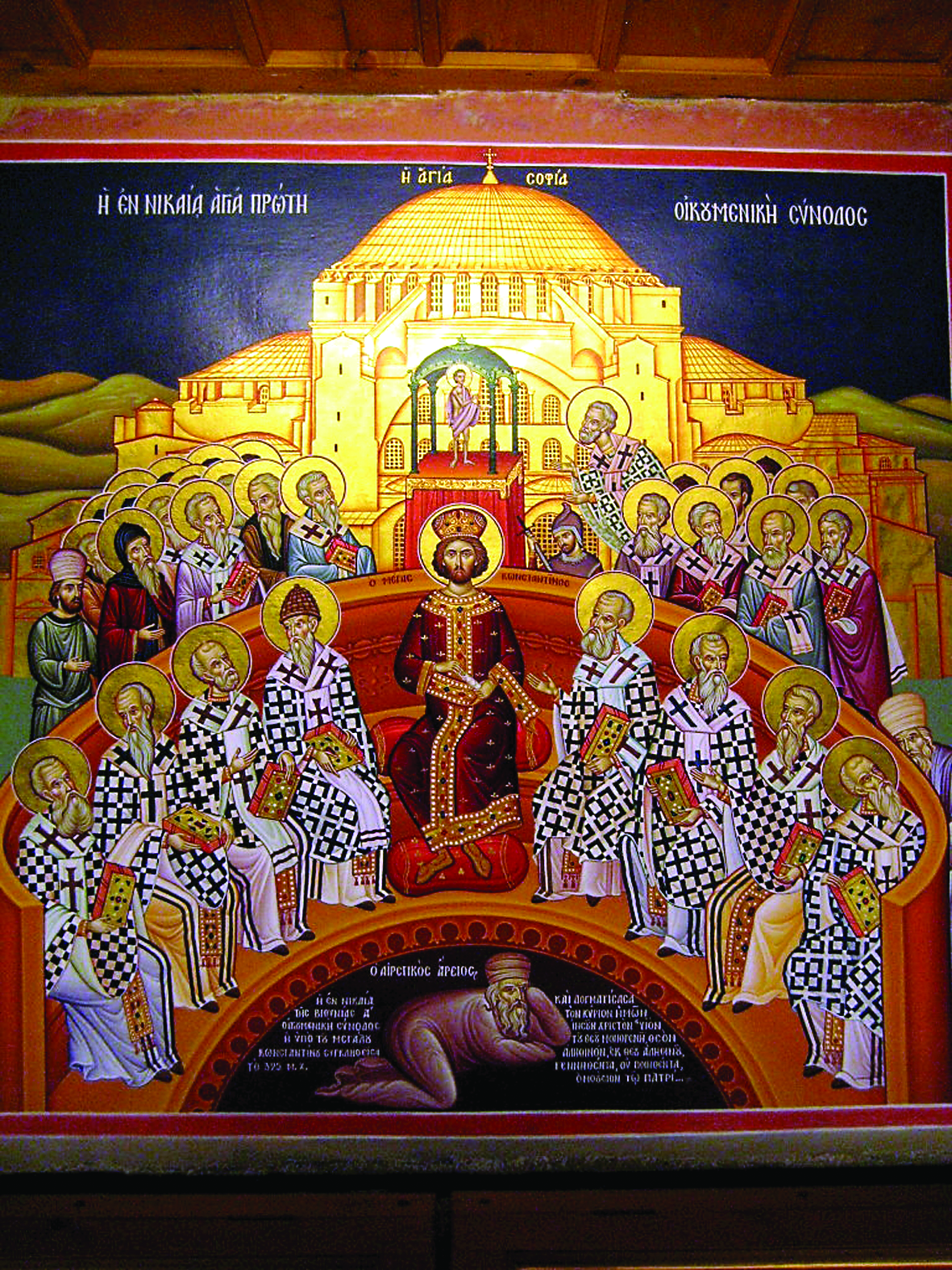
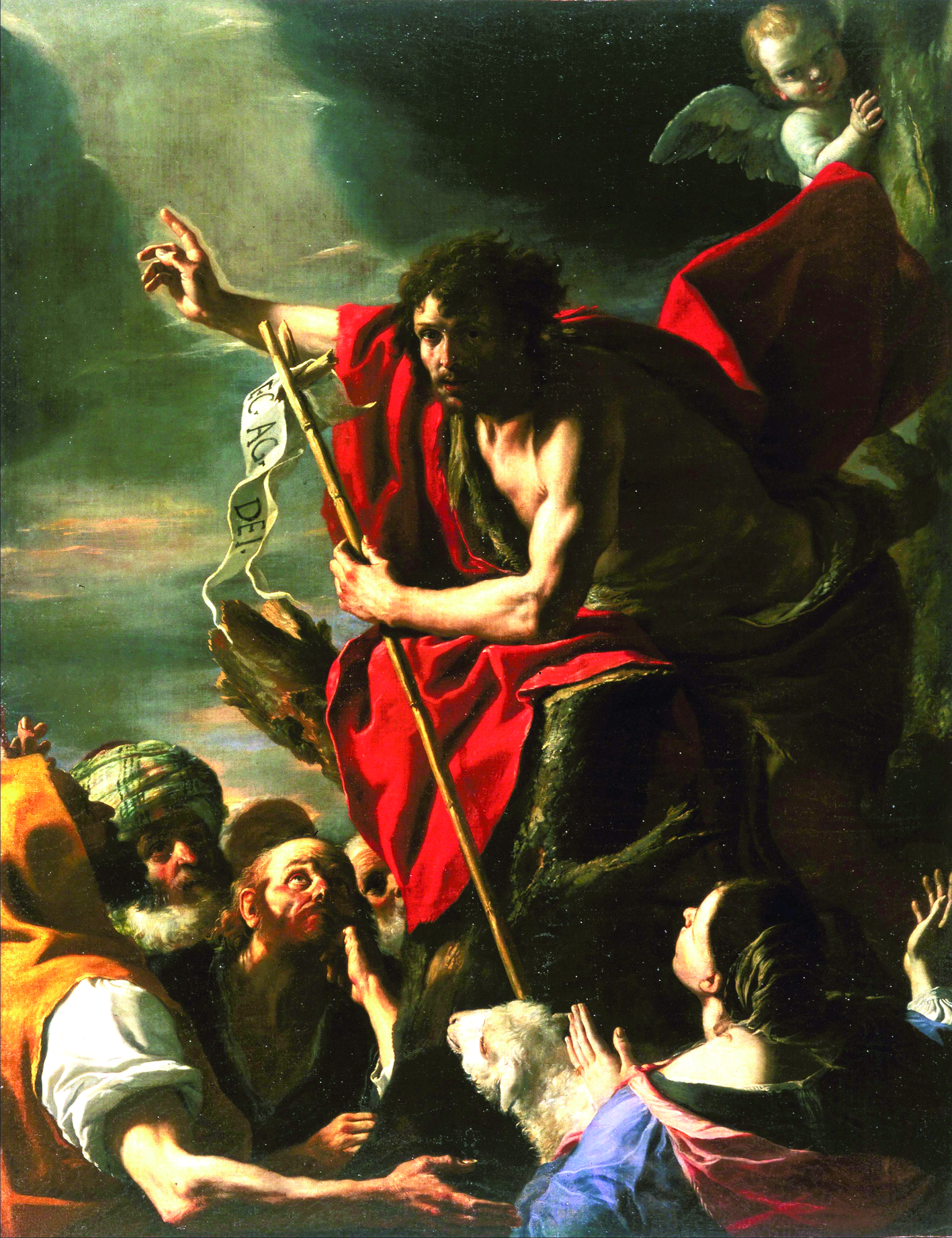
Facebook Comments